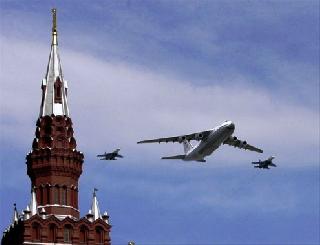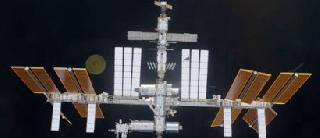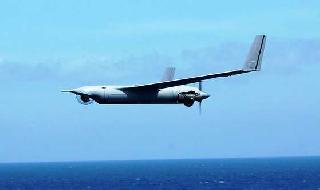
An unrelated photo of Russian aircraft in formation during Russia's 65th Victory Day Parade.
MOCOW (BNS): Russia's defence spending will rise by 60 percent, to more than USD 66.3 billion (2 trillion rubles) by 2013, as reported by Vedomisti, a Russian language business daily.
According to a RIA Novosti news report, the decision by the Russian govt. was taken on Thursday. The current defence spending, in 2010, is USD 42 billion (1.264 trillion rubles).
The spending will be spread out over three years. The largest increase is expected to occur in 2013, when the budget is expected to rise by USD 16.6 billion (0.5 trillion rubles).
"The govt. is likely to spend more on Navy, as well as the aviation and space industries," Konstantin Makiyenko from the Russian Center for Analysis of Strategies and Technologies (CAST) was quoted as saying in the news report.
The Russians have planned expensive modernisations in these sectors and are reported to have allocated funding for a variety of new naval vessels and aircraft.
Experts believe that the construction of advanced submarines, ballistic missiles, new class frigates and other vessels, which include new Yasen and Borei class submarines, Bulava submarine-launched ballistic missiles, three new Talwar class frigates, three improved Kilo class subs, will demand most part of the funding.
The construction of first two Mistral class amphibious assault ships under Russian-French joint agreement may account to about USD 0.5 billion, as reported by Vedomosti.
Besides, the country plans to spend USD 2.65 billion on 60 Su-family fighter aircraft and buy 26 MiG-29K Fulcrum-D carrier-based fighters, with the expected contract of more than USD 828 million.
Russia also intends to buy 32 SU-34 Flanker aircraft with the cost of some USD 36.4 million each.
 Previous Article
Previous Article Next Article
Next Article













The Indian Air Force, in its flight trials evaluation report submitted before the Defence Ministry l..
view articleAn insight into the Medium Multi-Role Combat Aircraft competition...
view articleSky enthusiasts can now spot the International Space Station (ISS) commanded by Indian-American astr..
view article